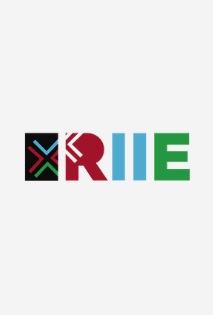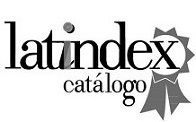Researching narratively with bodies stories in physical education
DOI:
https://doi.org/10.30972/riie.8103654Keywords:
physical education, narrative, bodies stories, initial trainingAbstract
The body and everything that it means in human relationships is fashionable. However, today's society continues to present us the corporeal as a mechanized, commodified and reified issue. The different media discourses and the hegemonic corporal models, both in cultural and educational spaces, are filtered in our sensoriality as models to be reproduced. Hence, to access to the experience of people through their accounts, their stories and body biographies, provide us with a way to understand and understand how people live their bodies through movement. The focus and positioning of the narrative inquiry can give us clues to incorporate and consider that researching, especially in the field of the body in education, implies a social, political and ethical commitment that is not alien to people, especially because it concerns the most intimate, the body, that boundary between the private and the public, between the expressed and the "lived-sense". Through stories we access the imaginary that the students build about the idea of being educators of the movement, since in their stories practical schemes for decision making are shown, both in their formation and in their future profession. The stories and performances of the students allow us to glimpse elements that let us to make the body a space of discursive convergence in what we have called "dietary bodies, suffered bodies, imagined bodies and languaged bodies".
Downloads
Downloads
Published
How to Cite
Issue
Section
License
Aquellos autores/as que tengan publicaciones con esta revista, aceptan los términos siguientes:
- Los autores/as conservarán sus derechos de autor y garantizarán a la revista el derecho de primera publicación de su obra, el cuál estará simultáneamente sujeto a la Licencia de reconocimiento de Creative Commons que permite a terceros compartir la obra siempre que se indique su autor y su primera publicación esta revista.
- Los autores/as podrán adoptar otros acuerdos de licencia no exclusiva de distribución de la versión de la obra publicada (p. ej.: depositarla en un archivo telemático institucional o publicarla en un volumen monográfico) siempre que se indique la publicación inicial en esta revista.
- Se permite y recomienda a los autores/as difundir su obra a través de Internet (p. ej.: en archivos telemáticos institucionales o en su página web) antes y durante el proceso de envío, lo cual puede producir intercambios interesantes y aumentar las citas de la obra publicada. (Véase El efecto del acceso abierto).






.jpg)




